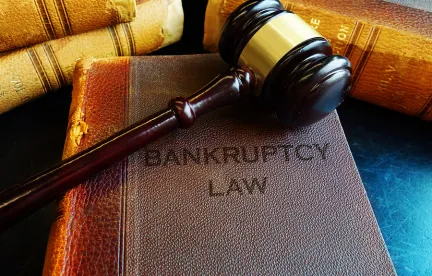In prior posts, we discussed the perplexing issue of how and whether a trademark licensee is protected when the trademark owner/licensor files a bankruptcy petition and moves to reject the trademark license in accordance with section 365 of the Bankruptcy Code.
In January of this year, the First Circuit Court of Appeals issued its ruling in Mission Product Holdings, Inc. v. Tempnology, LLC, 879 F.3d 389 (2018), holding that a trademark licensee was not permitted to continue to utilize the trademark after the rejection of the license agreement. In so holding, the First Circuit disagreed with the Seventh Circuit Court of Appeals’ decision in Sunbeam Prods. v. Chicago Am. Mfg., LLC, 686 F.3d 372 (2012), where the Seventh Circuit held that a non-debtor’s right to continue to use a trademark license is based upon section 365(g) of the Bankruptcy Code which provides that a rejection of an executory contract (such as a trademark license agreement) simply constitutes a prepetition breach of that contract — it neither acts as a contract rescission nor termination. Instead, the court held that rejection leaves in place the licensee’s right to continue to use the licensed trademark notwithstanding the contract’s rejection.
In what could only be considered as good news for trademark licensees and licensors, as well as bankruptcy professionals advising them, on October 26, 2018, the U.S. Supreme Court granted certiorari in the Mission Product Holdings, Inc. v. Tempnology, LLC case. This means that parties may finally get guidance as to what happens to a trademark license when the trademark licensor rejects the trademark license agreement. Do trademark licensees have any protections like those afforded licensees of intellectual property under section 365(n)? Is the Seventh Circuit’s approach in Sunbeam appropriate, or, as held by the First Circuit, is it up to Congress to clarify the status of trademark rights post-rejection? Only time will tell.




 />i
/>i

